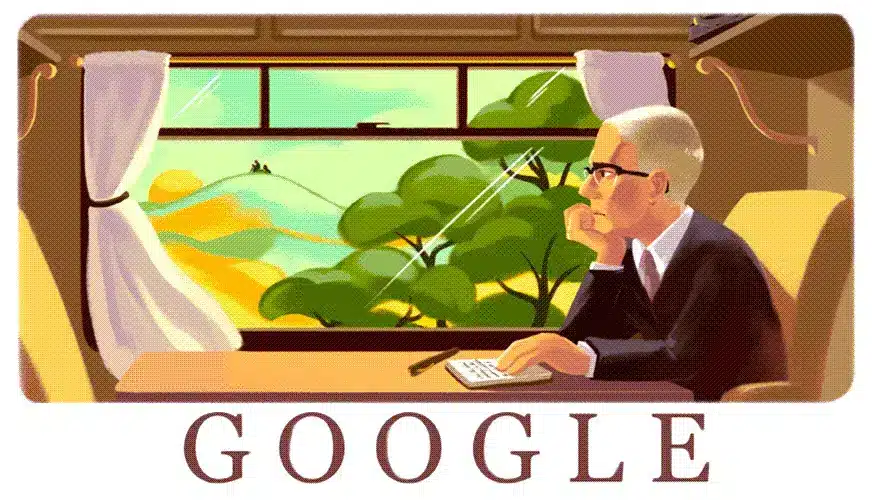From Writer to Activist: The Legacy of Alan Paton

Image Courtesy: Google Doodle
Alan Paton (11 January 1903 – 12 April 1988) was a South African writer and anti-apartheid activist. His works include the novels Cry, the Beloved Country, and Too Late the Phalarope.
Life and Career
Paton was born in Pietermaritzburg, South Africa on 11 January 1903. Paton received a Bachelor of Science degree in chemistry and a Bachelor of Arts degree in philosophy from the University of Natal, and later studied theology at Oxford University.
Paton is best known for his novel “Cry, the Beloved Country,” which was published in 1948. The novel tells the story of a black South African pastor who travels to Johannesburg to find his son, who has been accused of a crime. The novel was a bestseller and was translated into more than 50 languages.
Paton was also involved in the anti-apartheid movement in South Africa. He was a member of the Liberal Party of South Africa and helped to find the South African Institute of Race Relations. In the 1950s, he was arrested and imprisoned for his opposition to the government’s racial segregation policies.
After the end of apartheid in South Africa, Paton continued to be involved in political and social issues. He served as the president of the African National Congress’s parliamentary caucus and was appointed to the Order of the Companions of O.R. Tambo in recognition of his contributions to the struggle against apartheid. He died on 12 April 1988 at an age of 85.
Award and Legacy
Alan Paton received numerous awards and honors for his writing and activism. In 1948, he was awarded the International Peace Prize for “Cry, the Beloved Country.” In 1971, he was made a Commander of the Order of the British Empire (CBE) for his contributions to literature and his work on behalf of racial justice.
Paton’s legacy as a writer and activist is significant. His novel “Cry, the Beloved Country” is considered a classic of South African literature and has been widely read and studied around the world. The novel is known for its powerful portrayal of the impact of apartheid on individuals and families in South Africa.
In addition to his writing, Paton’s activism and leadership in the anti-apartheid movement had a lasting impact on South Africa. He worked tirelessly to bring about racial justice and equality in his country and his efforts helped to bring about the end of apartheid. Paton is remembered as an important figure in the history of South Africa and his contributions to literature and social justice will not be forgotten. On 11 January 2018, Google Doodle celebrated Alan Paton’s 115th Birthday.
Observer Voice is the one stop site for National, International news, Sports, Editor’s Choice, Art/culture contents, Quotes and much more. We also cover historical contents. Historical contents includes World History, Indian History, and what happened today. The website also covers Entertainment across the India and World.
Follow Us on Twitter, Instagram, Facebook, & LinkedIn

